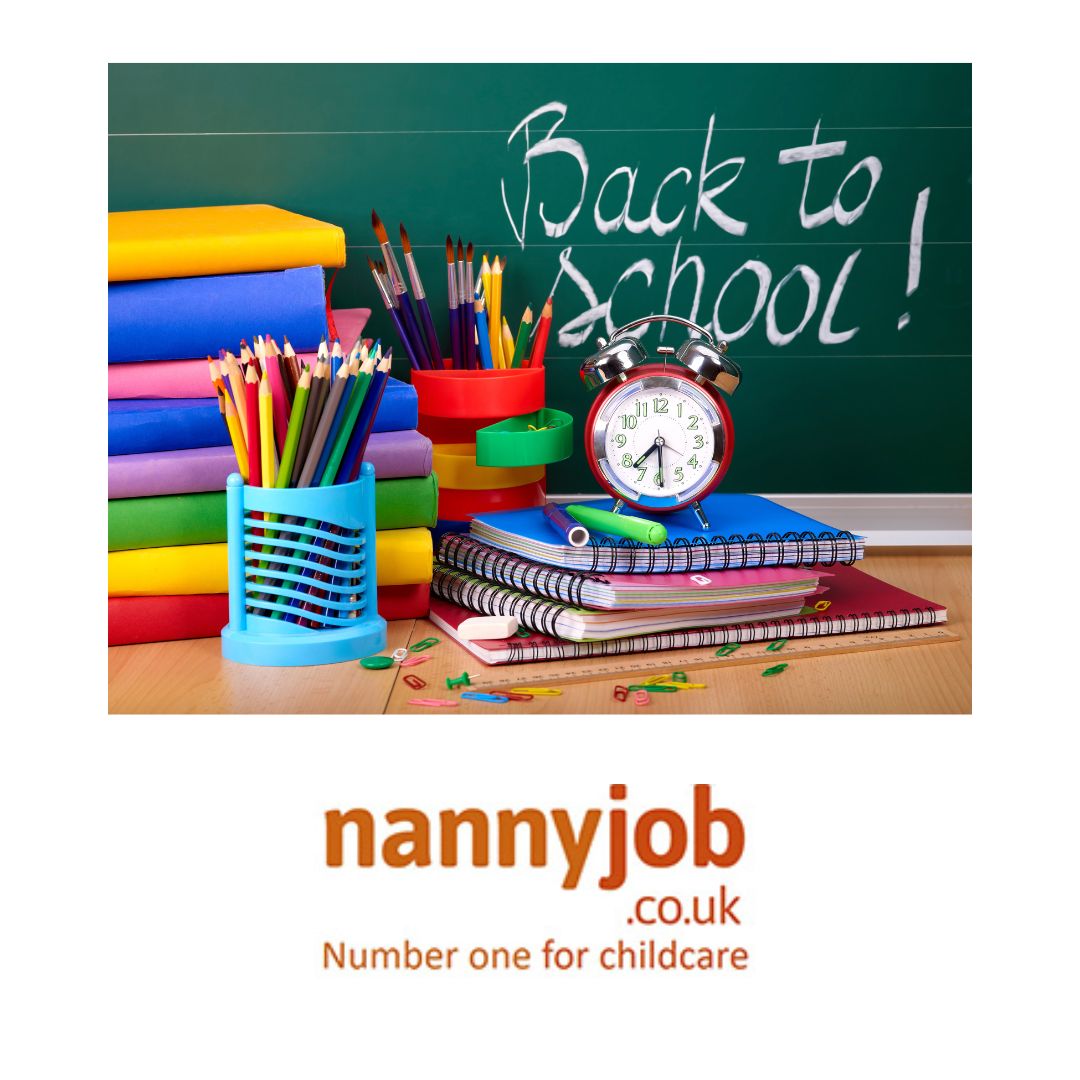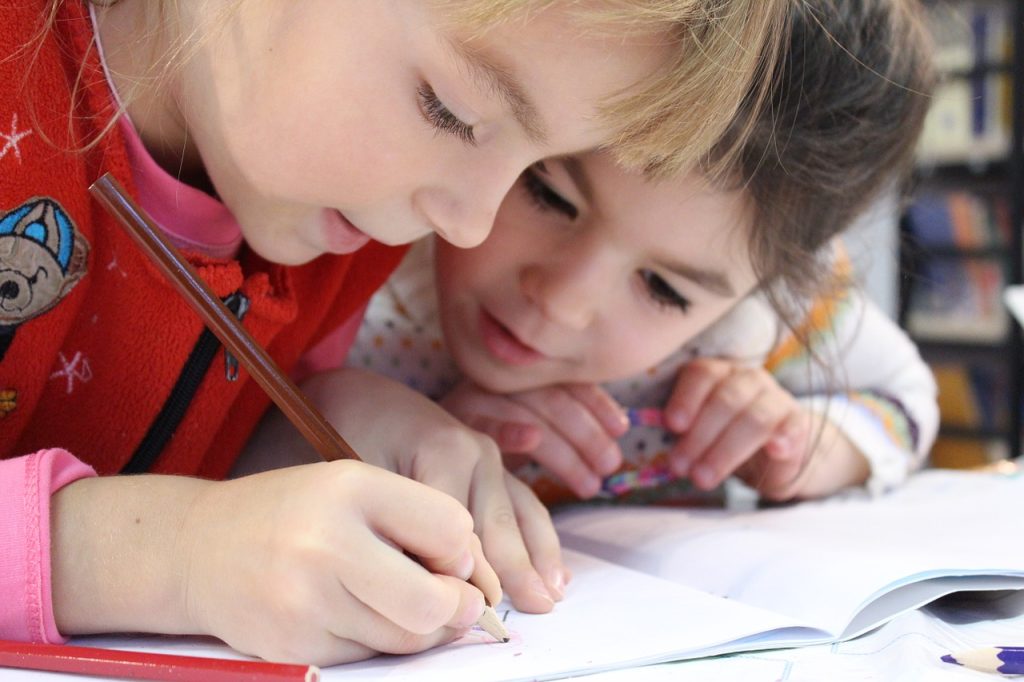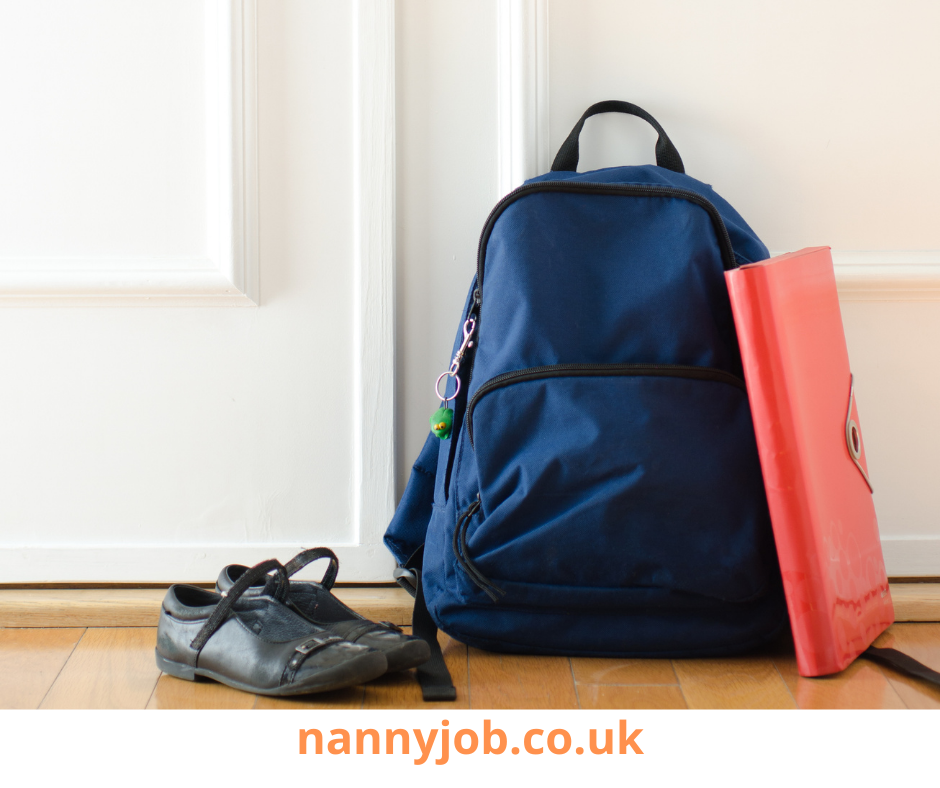Introduction
The first days back at school are filled with excitement—new teachers, fresh school supplies, and reconnecting with friends. But as the initial excitement fades, many children can start to feel the pressure of their new routines, homework, and social dynamics. For some, this transition can lead to anxiety or reluctance about going to school. As parents, nannies, and childcarers, it’s important to recognise these signs and provide the right support to help children adjust to their new school year. Here are some strategies to keep the momentum going after the shine of the new school year wears off.
1. Keep Communication Open
Encourage open and honest communication with your child. Ask them about their day, their challenges, and their successes. Create a safe space where they can express their feelings without fear of judgment. Understanding their worries or concerns can help you provide the necessary support and reassurance.
2. Maintain a Consistent Routine
Routines provide children with a sense of stability and security, especially during periods of change. Establish consistent routines for mornings, homework, meals, and bedtime to help children feel grounded. Consistent routines can also help reduce anxiety by letting children know what to expect each day.
3. Encourage Healthy Habits
Ensure your child is eating well, getting enough sleep, and staying active. Good nutrition, regular exercise, and adequate rest are essential for a child’s emotional and physical well-being. Encourage activities that help them unwind, such as reading, playing outdoors, or engaging in a hobby.
4. Offer Praise and Positive Reinforcement
Praise your child’s efforts, not just their achievements. Celebrate their hard work and perseverance, even when things are challenging. This builds their confidence and encourages a growth mindset, helping them see challenges as opportunities to learn and grow.
5. Watch for Signs of Stress or Anxiety
Be mindful of signs that your child may be struggling with the transition back to school. Look for changes in behavior, mood, or appetite. If you notice any concerning signs, talk to your child and consider reaching out to their teacher or a professional for additional support.
Conclusion
While the initial excitement of the new school year may fade, it’s important to continue providing support and encouragement to help your child thrive. By maintaining open communication, consistent routines, and a healthy lifestyle, you can help your child navigate the school year with confidence and resilience.


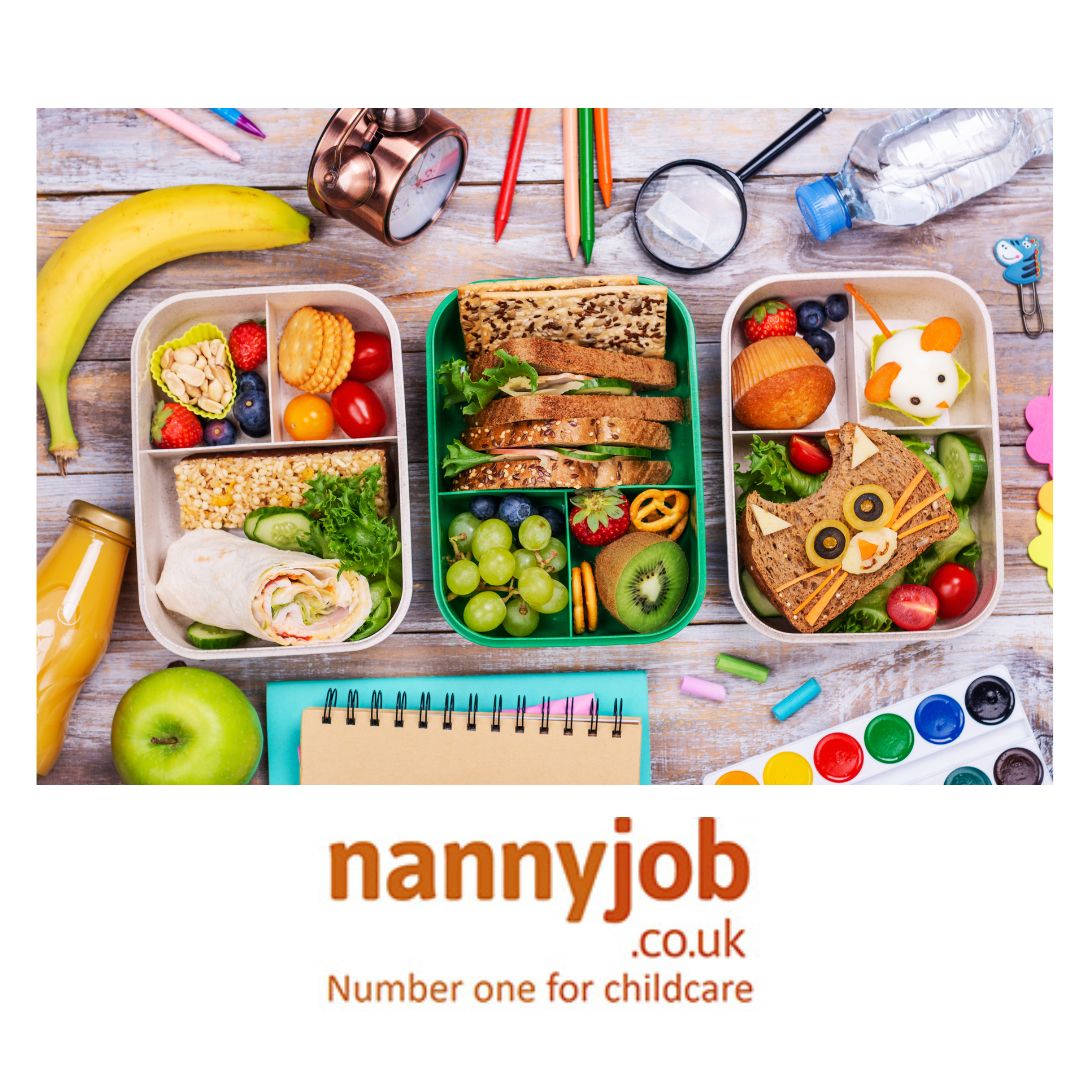



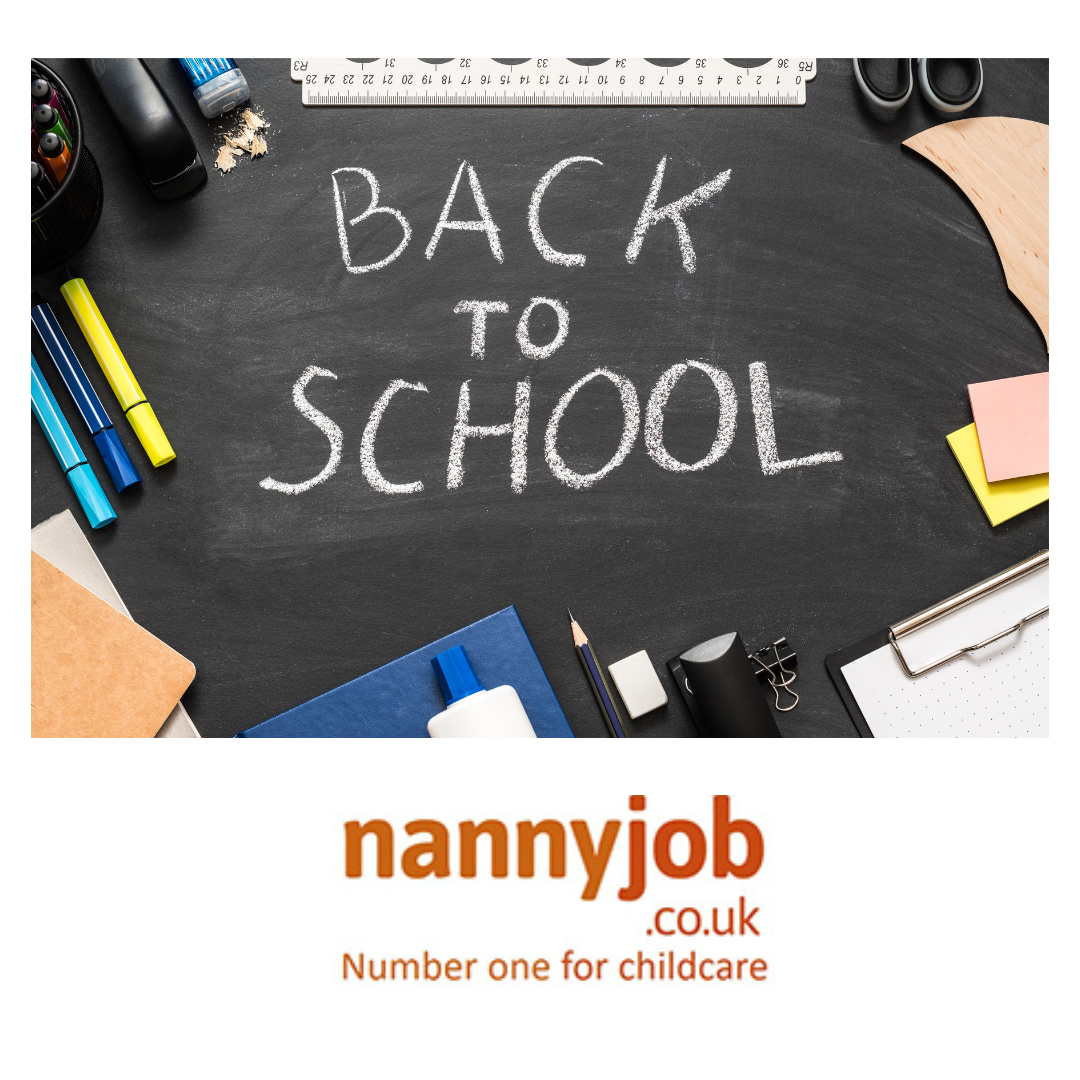

 #TeacherAppreciation #NannyLife”
#TeacherAppreciation #NannyLife”
 Swipe left to catch some quick tips, and for a deep dive, head to our blog!
Swipe left to catch some quick tips, and for a deep dive, head to our blog! 
 #StrongerTogether #TeacherNannyTeam”
#StrongerTogether #TeacherNannyTeam”